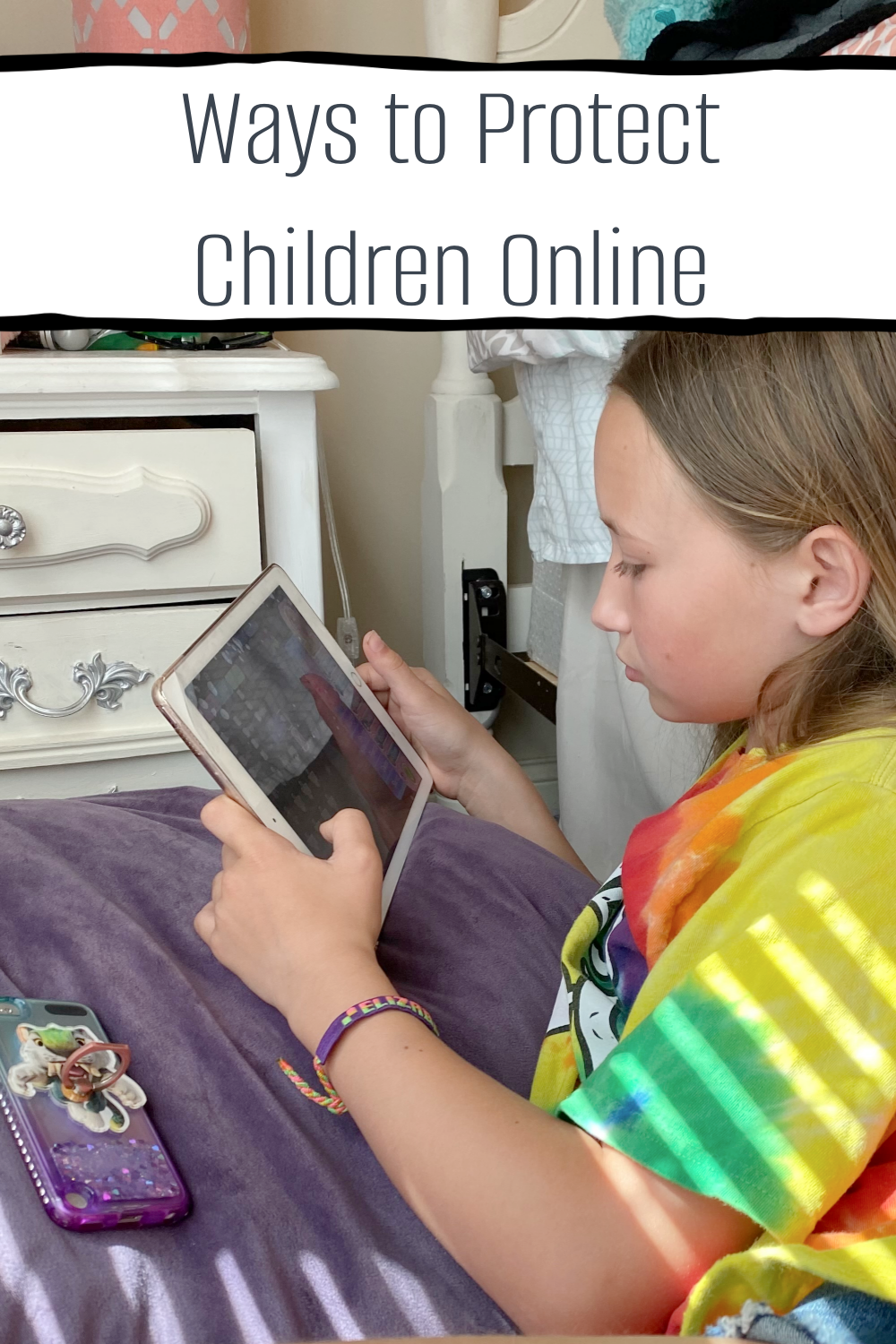Identifying Common Household Pests
Once you have identified the pest, it's important to research effective management strategies tailored to that species. For comprehensive pest control options, considering professional assistance can be beneficial. The team at Orkin recommends looking for pest control experts who have in-depth knowledge and experience in dealing with a wide range of household pests, providing personalized solutions for each unique situation. Understanding your pest situation and having a plan of action can greatly enhance your efforts in maintaining a pest-free environment.
Preventative Measures
Keep your living space clean and tidy. Pests are attracted to cluttered and dirty environments, which provide hiding places and potential food sources. Regularly cleaning and decluttering your home can create an unwelcoming environment for pests.
- Seal entry points: Pests can enter your home through small cracks and gaps in windows, doors, and walls. Regularly check and seal any potential entry points to prevent them from entering.
- Properly store food: Leaving food out on countertops or in open containers can attract pests. Make sure to store all food items in airtight containers properly.
- Remove standing water: Pests need a water source to survive, so fix any leaks or remove standing water inside and outside your home.
By implementing these preventative measures, you can significantly reduce the chances of pests entering your home.
Natural Pest Control Methods
- Essential oils: Certain essential oils, such as peppermint and lavender, have been found to repel pests like ants and spiders.
- Diatomaceous earth: This natural powder is made from fossilized algae and can be effective in controlling insects like bed bugs.
- Plants: Planting certain herbs and flowers in your garden or around your home can act as a natural deterrent for pests.
It's important to note that while these methods may be effective, they may not eliminate an infestation. If the situation becomes too challenging to handle on your own, it's always best to consult with a professional.
Regular Inspections and Maintenance
- Scheduled Inspections: Set a schedule for inspecting various areas of your home, including basements, attics, garages, and crawl spaces. Look for signs of pests, such as droppings, nests, or damaged materials. Keeping an eye on these less-frequented spaces will alert you to problems that go unnoticed.
- Monitor Entry Points: Regularly assess windows, doors, and other potential entry points to ensure they are properly sealed and secure. Inspect screens for tears and maintain door sweeps to block insects and rodents from gaining access.
- Check for Water Damage: Moisture can attract pests, so look for signs of water damage or leaks in plumbing and roofs. Address any issues promptly by repairing leaks and ensuring that gutters and downspouts direct water away from your foundation.
- Evaluate Landscaping: Overgrown vegetation and standing water around your home can provide a breeding ground for pests. Maintain your landscaping by trimming bushes, removing debris, and ensuring proper drainage around your property.
- Document Findings: Keep a log of your inspections, noting any signs of pests or maintenance needs. This documentation can be valuable for identifying recurring issues and for use in discussions with pest control professionals if needed.
Home pest management requires diligence and consistency in implementing preventive strategies while addressing any existing issues promptly. By following the tips and techniques discussed in this guide, you can create a comfortable and safe living environment for you and your family. Remember, prevention is key when it comes to managing pests in your home. So, stay vigilant and take action to keep those unwanted visitors at bay.









No comments
Thank you for dropping by! I would love to hear what you thought. :)
Thanks!
♥,
Diana